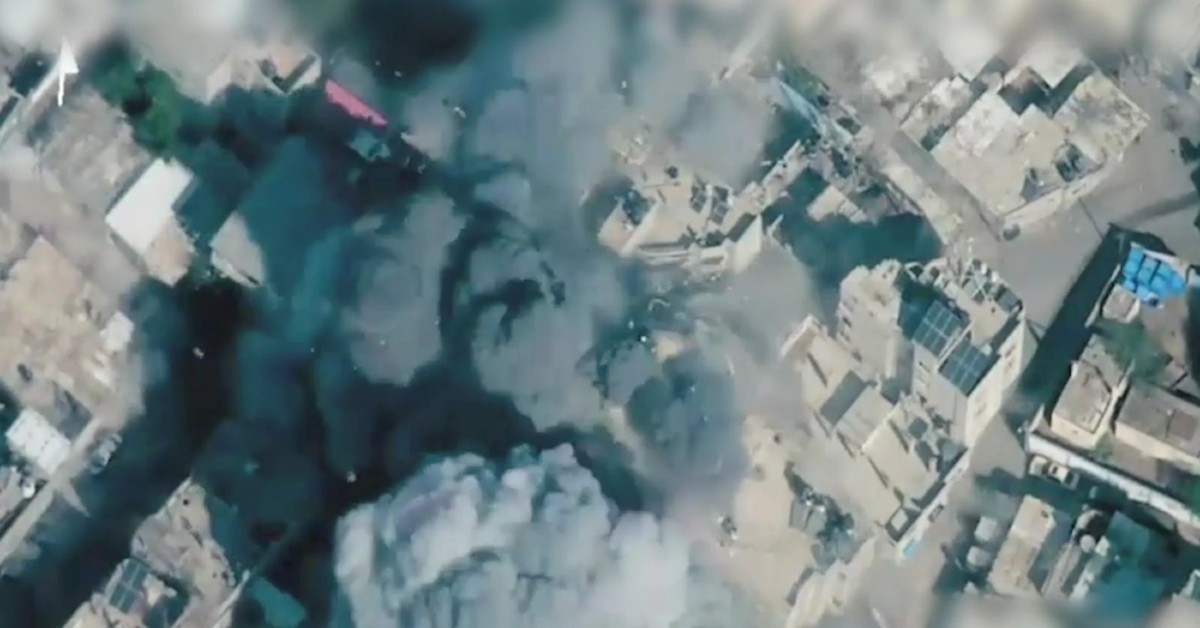
How should doctors react to the war in Gaza?
What are the responsibilities of physicians in the Israel-Hamas war? Joel Zivot, an associate professor of anesthesiology/surgery at Emory University and a senior fellow at the Emory Center for Ethics, writes in MedPage Today that they must treat civilians and soldiers the same, regardless of their political allegiance.
Physicians may find themselves in uniform at the front line. In modern war, triage and the role of the medic and medical care run the risk of becoming mired in the conflict. In circumstances where a physician must triage, there is pressure to sort patients for reasons other than medical considerations (e.g. political reasons or beliefs). Such pressure should be resisted.
What about treating enemy combatants?
Soldiers in uniform enjoy protection according to the Geneva Convention. Such protection is not afforded to the combatant not in uniform. Notably, Hamas is a non-state actor, including its military wing, the Izz al-Din al-Qassam Brigades, meaning they fight in civilian clothing. This can complicate matters. While it is not the job of the physician to punish by withholding medical care, the current emotional state among Israeli and Palestinian medical personnel is tense. Providing care to the enemy, or simply to people we do not like, might naturally generate feelings of enmity. However, I have long recognized in myself that the patient I like the most is more often the one I like the least as a person. In that circumstance, the work is pure.
Is the Israel-Hamas war different?
In war, physicians are presented with divided duties and potentially complex loyalties. The Israel-Hamas war has put neighbors against each other, and the fight is not only ideological but personal. [Bioethicist Edmund] Pellegrino wondered if certain wars would provide the contingency needed to set aside bioethical practice. I repeat that in the Israel-Hamas war, my answer is no.
